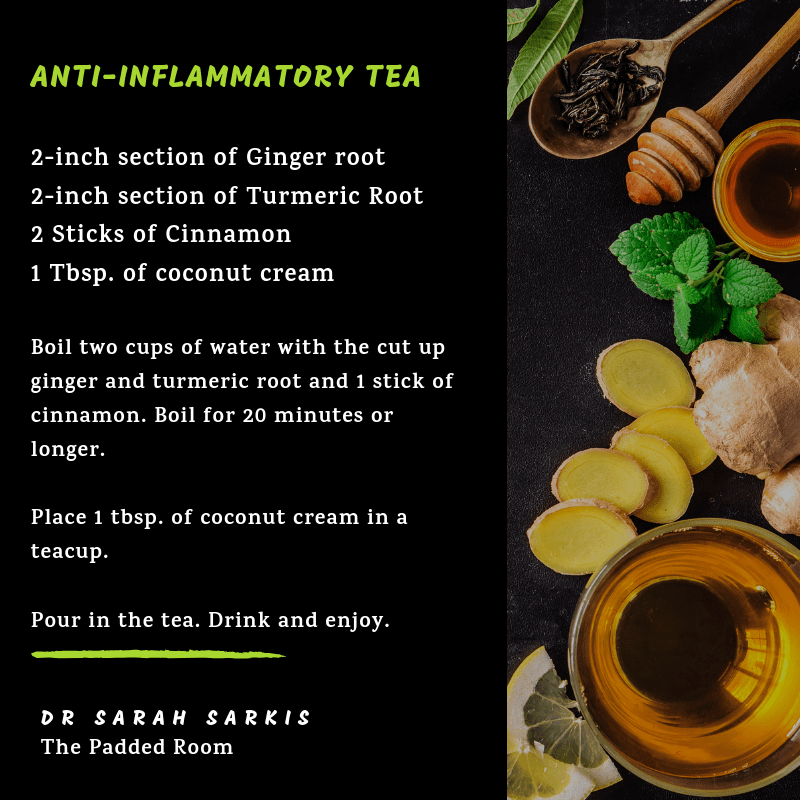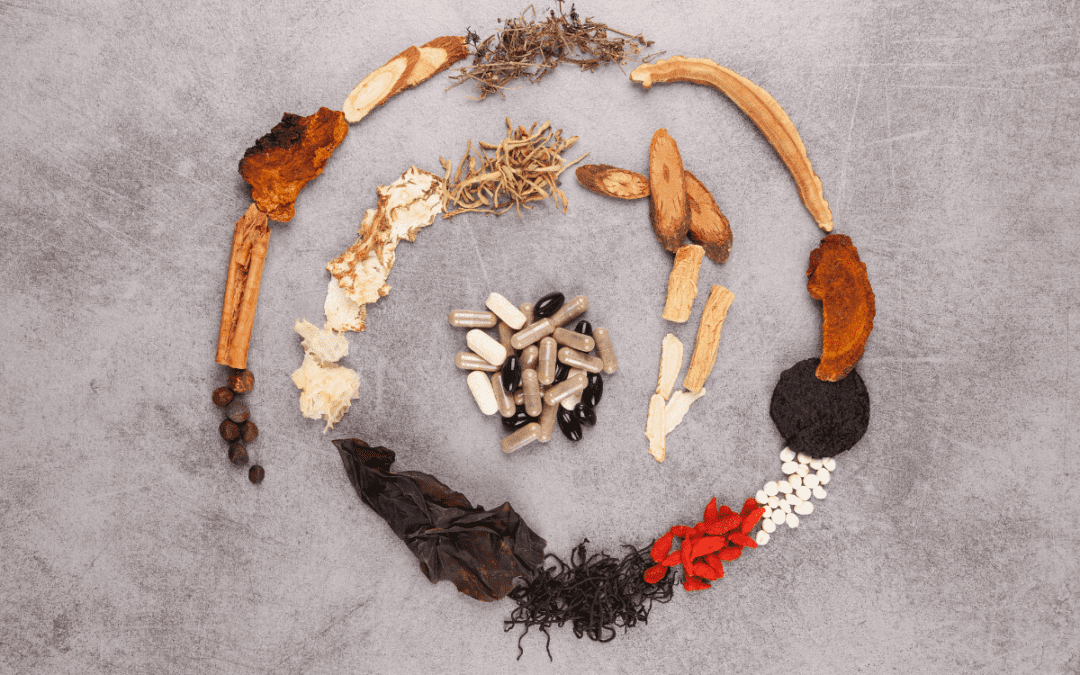We have long known that inflammation is often a first indicator that the delicate balance inside our body has begun to falter. Many of the early signs of imbalances are expressed through the language of inflammation. We can trace inflammation back to the vast majority of our physical symptoms. As it turns out, certain psychiatric symptoms, such as depression, are also an indicator of systemic and neurologic inflammation.
The statistics on depression are staggering and inching north each passing year.
According to the NIMH, 16 million people in the United States suffered from at least one episode of depression in 2012. That is nearly 7% of the population. According to the WHO, 350 million people suffer from depression worldwide. It is the leading cause of workplace disability.
These statistics highlight the epidemic of suffering that people experience and reminds us that there are psychiatric illnesses and circumstances where medication is indicated. The onset of antidepressants as a mainstream mechanism to treat Major Depression (MD) has had an enormous impact on the fields of psychiatry and psychology. The ability to help the most severe cases of depression has been a major step forward for our field as a science. However, there are a large number of cases that we see within a clinical setting that could be better addressed by encouraging our patients to view their body and mind as a fully integrated and whole system.
Instead, we artificially compartmentalize the various systems of the body, including the brain, and thus further dis-integrate the emotional healing process. As patients, we’ve begun to believe that the remedy is external. Our commitment to participate in our own process of becoming well and the aspect of our health that is, at its core, a collaborative endeavor between patient and doctor has atrophied over time under this paradigm.
Scientific literature is pretty clear on the presence of inflammation in people who endorse symptoms of depression. There is a myriad of scientific literature that examines this complicated and multi-determined relationship.
We know from the presence of elevated cytokines in the bloodwork of patients experiencing a major depressive episode that inflammation is occurring at a systematic level.
(Biol Psychiatry. 2010 Mar 1;67(5):446-57. doi: 10.1016/j.biopsych.2009.09.033. Epub 2009 Dec 16. AND J Affect Disord. 2012 Aug;139(3):230-9. doi: 10.1016/j.jad.2011.08.003. Epub 2011 Aug 26.)
Additionally, there is now compelling scientific evidence that suggests the presence of neuro-inflammation in patients who endorse depressive symptoms.
(JAMA Psychiatry. 2015;72(3):268-275. doi:10.1001/jamapsychiatry.2014.2427.)
Research exploring the relationship between inflammation and depression is key to better understanding how best to use medication(s) to treat the most acute, refractory, and often life threatening expression of this debilitating mental illness. This field of research is promising, but it is still very much in the early phases of providing patients with concrete medication and treatment options.

However, for many of the people struggling with mild to moderate depression, if we provide them with the data and knowledge to treat and calm systemic inflammation using dietary and lifestyle choices, they will experience significant relief and feel more personally empowered. Environmental toxins, allergies, the standard American diet (SAD), excessive stress, certain medications, trauma, and a myriad of other influences all converge to leave us vulnerable to inflammatory responses that further exacerbate our physical and emotional dis-ease. It is vital that we turn our focus away from the symptoms and begin to address the core issue of inflammation in an effort to promote wellness.
There are a lot of ways you can start to address inflammation right in the comfort of your own home. Most of these interventions are quite intuitive.
Please strive to adhere to these goals for a minimum of 90 days. Take time each day to reflect on the changes are you experiencing, both physically and emotionally, as you create wellness-based habits into your life.
– 1 –
Consume a diet that is widely comprised of plant-based foods. Plants are loaded with phytonutrients that are highly bioavailable. Plants are anti-inflammatory by design. Aim for 6-9 cups/day.
– 2 –
Eat clean forms of animal and fish protein. Think humane, local, and organic when possible. Make sure you are eating enough “healthy” fats like salmon, mackerel, nuts, seeds, coconut cream, and avocado. These sources of fat are critical for our brain development and functioning.
– 3 –
If you can tolerate it, take a turmeric supplement or finds ways to include it in your diet.
– 4 –
Eliminate all refined sugars and trans fats. These foods are pro-inflammatory and wreak havoc on your body.
– 5 –
Exercise 3-5x/week. Aim for 40 minutes at a time.
– 6 –
Sleep. Then, sleep some more. 7-9 hours per night is ideal.
– 7 –
Significantly minimize your alcohol intake. If you find that hard to do, explore that relationship and be curious about the nature of that “partnership.”
– 8 –
Attempt to minimize stress through some application of mindfulness. Begin with a simple observational mind, but with no effort to restrict, control, or alter your breath or thoughts. Aim for 10 minutes/day, then increase to 20 minutes/day. Eventually graduate to a deep, relaxing diaphragmatic breathing, which will stimulate the vagus nerve and have a relaxing influence on the mind.
– 9 –
Make an anti-inflammatory tea each evening. Drink at least one cup (see recipe below).
– 10 –
Collaborate with a team of clinicians and physicians who will help support and educate you about empowered lifestyle choices. Be curious about how you feel, emotionally and physically. Investigate your feelings, thoughts, and physical sensations from a standpoint of wonder. Attempt to abandon judgment, preconceived notions, or expectations. Challenge yourself to view your whole body as an integrated system.



